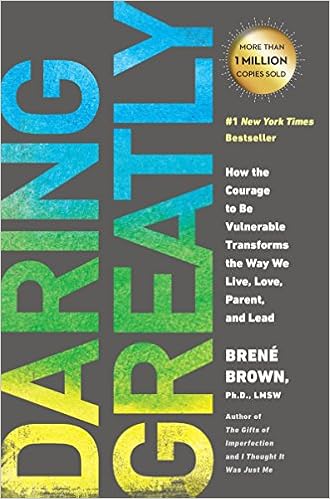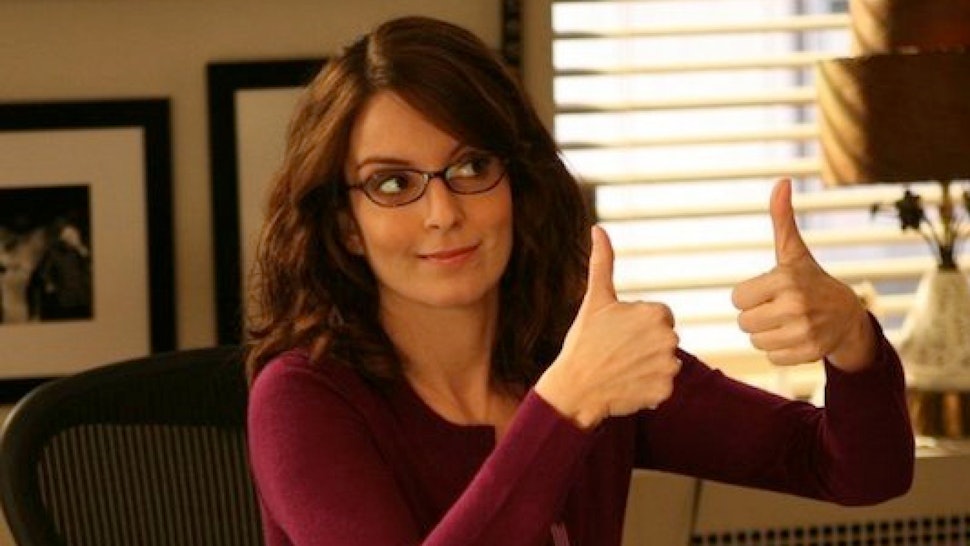Now, I'm not a professional editor, although I did co-edit our college lit zine with a friend, I've also attended and lead editing workshops since I was a junior in High School, so I have a lot of thoughts on the subject. I wanted to share what works for me, in hopes it works for you as well!
[Note: you will notice several grammatical errors in my writing. I'm not editing this post before publishing! I frequently don't edit my blog posts... (bad writer). I'm not looking for constructive criticism on my grammar- just sharing content, y'all. So please don't bug me about dangling participles. I will roll my eyes at you. I'm preemptively rolling my eyes at you.]
Editing Advice from your friend, Kirstin
We are going to walk through this from first steps to last. Stick with me!
The very first thing I do after writing a first draft is put it in the proverbial drawer. I leave it alone for a week to a couple months (sometimes years, but that's normally because I forgot it. Woops!). This act helps me distance myself from the project and allows me to view it with fresh eyes, eyes not obfuscated by what I thought I was writing and what I actually wrote.
The second thing I do is edit myself. Before I send it out to others, I read my work out loud. This is a trick I learned in college. When we're reading silently, our clever brains will often skip or add words as we think they should be, not as they are. So we think our sentence says "Jane loved to read and has a tall to-read stack of books!" but what it actually says is something along the lines of "Jane loves to read and has stack books!" This kind of thing happens. When we're working on that first draft and we're on a roll, often times our hands don't keep up with us. Reading out loud forces our brains to slow down and as an added bonus- it helps us hear the cadence of our language.
So you've done your first edit and you're ready to hand it off to another person. The act of handing off to an editor is, in itself, fearful. Now is the time you should work on re-framing what's about to happen. You are not handing your project over to criticism from somebody who wants to tear you down. Your editor cares enough about your project and writing to devote hours upon hours (days upon days) towards helping you strengthen it, to polish your project. That is an act of love.
Before you hand off your project, now you want to think about what you want your editor to focus on- this could be a number of things like:
- Grammar
- Plot cohesion
- Tone
- Character development
- Plot pacing
- Language choice (most applicable to poetry)
- Whateva doesn't spark joy #mariekondoediting #makingitathing
**When you do the big hand-off, have a conversation with your editor about what you want them to focus on. This helps them and you get the feedback that will help you the most!**
IMPORTANT: DO NOT GIVE YOUR EDITOR THE ONLY COPY YOU HAVE. I can't stress this enough! You need to be able to go through and decide what you want to accept and if they've already changed it, you may not know what it was before. Give them their own copy (digital or printed) to work on and keep the mother copy sacred. That copy is only for you.
Okay, so now we've handed off your project to your editor. We wait. If you editor is like me, they may need a deadline or a few pokes here and there. Don't be afraid to talk this out with them! It helps you have realistic expectations and it helps your editor stay on task. Editing is hard work!
Now is the time, now is the place. Prepare yourself to accept what is coming.
Okay, it's here. The manuscript is back in your hot little hands. Or cold big hands? Listen, if your hands are cold, they have these things called gloves. Har Har.
A few tips for approaching the edits:
- Everything with a grain of salt. This old adage is around because it's so dang true. You are allowed to accept or reject edits. It's difficult to edit without bias- sometimes editors will edit for preference of tone- so you can be technically accurate and concise, but they just don't like your word choice. If you're unsure, see if you can find somebody to lay eyes on it and get their feedback. It's okay (and expected) to reject edits which you feel do not add to your work, but if it's a coherence issue (or even if you're just unsure), make sure you get a second opinion. Learning what criticism to accept or to reject is 90% of the work.
- Framing it: They are helping you build up, not tear down. You want a leaner, meaner piece of prose or poetry, and your editor wants to help you get there!
- Bring in a second editor for another revision, if you'd like some additional eyes on the project.
Finally, you're done implementing the edits that work for you. What next? It's over, right?
NO.
1) You still have to edit like a million more times. EDITING IS NEVER OVER. Hahaha, but true. You should put it away for a week or so then come back to it and do some more self-editing. One of my poems normally goes through 5 or 6 people and countless self-edits before I ever think about submitting it or publishing it (outside of the blog. All my poems here are rough drafts!)
2) Thank your editor!
- Pay them!
Are they doing this for free? Holy shit, you have some good friends.
- Bake them some cookies
- Definitely mention them in your forward
- Buy them dinner or take them to brunch (and don't skimp on the mimosas!)
- Bring them the hollowed out skulls of their enemies
Okay friends, I hope this helped! Happy editing <3




